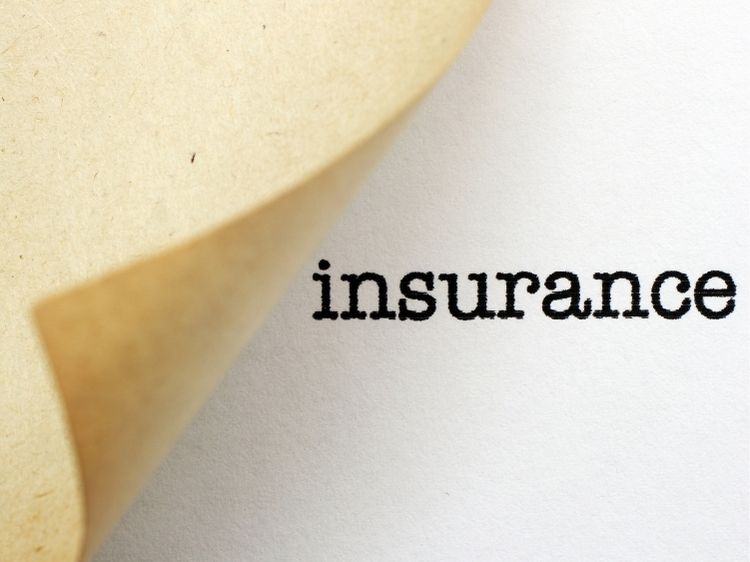What Is Direct Auto Insurance?
Direct auto insurance refers to coverage purchased directly from an insurance provider rather than through an intermediary, like an agent or broker. This approach often allows customers to skip the middleman, giving them more control over the process, often resulting in cost savings and a faster purchase experience.
Benefits of Choosing Direct Auto Insurance
Opting for direct auto insurance offers several perks, including cost-effectiveness and convenience. Here’s a quick rundown of its benefits:
- Lower Premiums: Since there’s no agent commission involved, many companies can pass on these savings directly to the policyholder.
- Convenience: Direct insurers typically provide online platforms for quotes, policy purchases, and claims management, making it easier to handle everything digitally.
- Transparency: Dealing directly with the insurer allows customers to see policy details upfront without extra upselling.
Types of Coverage Offered by Direct Auto Insurance
Direct auto insurance provides the same basic coverage options as traditional policies. Here are some key types of coverage available:
- Liability Coverage
Liability insurance covers damages and injuries to others if you’re at fault in an accident. States generally require a minimum liability coverage, so make sure to understand your state’s regulations. - Collision Coverage
Collision coverage handles repairs to your own vehicle if it’s damaged in a collision, regardless of fault. - Comprehensive Coverage
This coverage kicks in for non-collision-related damages—think theft, vandalism, natural disasters, or falling objects. - Uninsured/Underinsured Motorist Coverage
Protects you if you’re in an accident with a driver who either has no insurance or insufficient coverage to cover your expenses. - Medical Payments (MedPay)
MedPay helps with medical expenses following an accident, covering you and your passengers regardless of fault.
How Does Direct Auto Insurance Work?
Direct auto insurance policies are usually handled online or over the phone. Here’s how it typically works:
- Get a Quote
Begin by visiting the insurance provider’s website, filling out basic information like your car’s make, model, year, and your driving history. - Choose Your Coverage
After reviewing different types of coverage options, select the ones that fit your needs and budget. - Make a Payment
Once you settle on a plan, you can make a payment directly on the provider’s platform. - Manage Your Policy
Direct insurers often offer online portals where you can manage your policy, update details, and file claims.
Pros and Cons of Direct Auto Insurance
While there are distinct benefits to buying direct, it’s essential to weigh the pros and cons:
Pros:
- Cost Savings: Lower premiums thanks to the elimination of agent commissions.
- 24/7 Access: Manage your policy online anytime.
- Quick Comparison Shopping: You can easily compare different direct insurers online.
Cons:
- Limited Personal Guidance: Without an agent, you might need to handle more of the decision-making.
- Less Tailored Service: Agents usually know their clients’ needs and recommend coverage accordingly, but direct providers may not offer that level of personalization.
How to Choose the Best Direct Auto Insurance Provider
Here are steps to guide you through selecting the best direct auto insurer:
- Compare Quotes: Obtain quotes from several direct auto insurance providers to get the best rates.
- Check Financial Stability: An insurer’s financial health can impact its ability to pay claims. Look up ratings from agencies like AM Best or Moody’s.
- Read Customer Reviews: Past experiences can offer insight into a company’s customer service and claims process.
- Look for Discounts: Many direct insurers provide discounts for things like bundling policies, having a safe driving record, or driving a vehicle with certain safety features.
Frequently Asked Questions about Direct Auto Insurance
1. What’s the difference between direct auto insurance and buying through an agent?
With direct auto insurance, you handle the purchase directly with the insurance company, typically online or by phone, without involving an agent. This method can save you money, though you might miss out on personalized advice from an agent.
2. Can I get direct auto insurance with bad credit?
Yes, some direct auto insurers offer policies to drivers with bad credit, though rates might be higher. Shopping around can help you find the best rates for your credit situation.
3. Is it cheaper to buy direct auto insurance?
Generally, direct auto insurance can be cheaper because it skips agent commissions. However, savings vary depending on your chosen provider, driving history, and coverage needs.
4. Can I switch to direct auto insurance mid-policy?
Yes, you can switch insurers at any time. Check with your current provider to understand any cancellation fees or requirements before making the switch.
Summary: Is Direct Auto Insurance Right for You?
Direct auto insurance could be ideal if you value the convenience of handling your own coverage decisions, prefer digital management, and want to potentially save on premiums. Take the time to compare providers, check for discounts, and ensure you understand the coverage you’re buying.
Authoritative Sources for Further Reading
- National Association of Insurance Commissioners (NAIC): https://naic.org
- Insurance Information Institute (III): https://iii.org
- Consumer Reports on Auto Insurance: https://consumerreports.org

